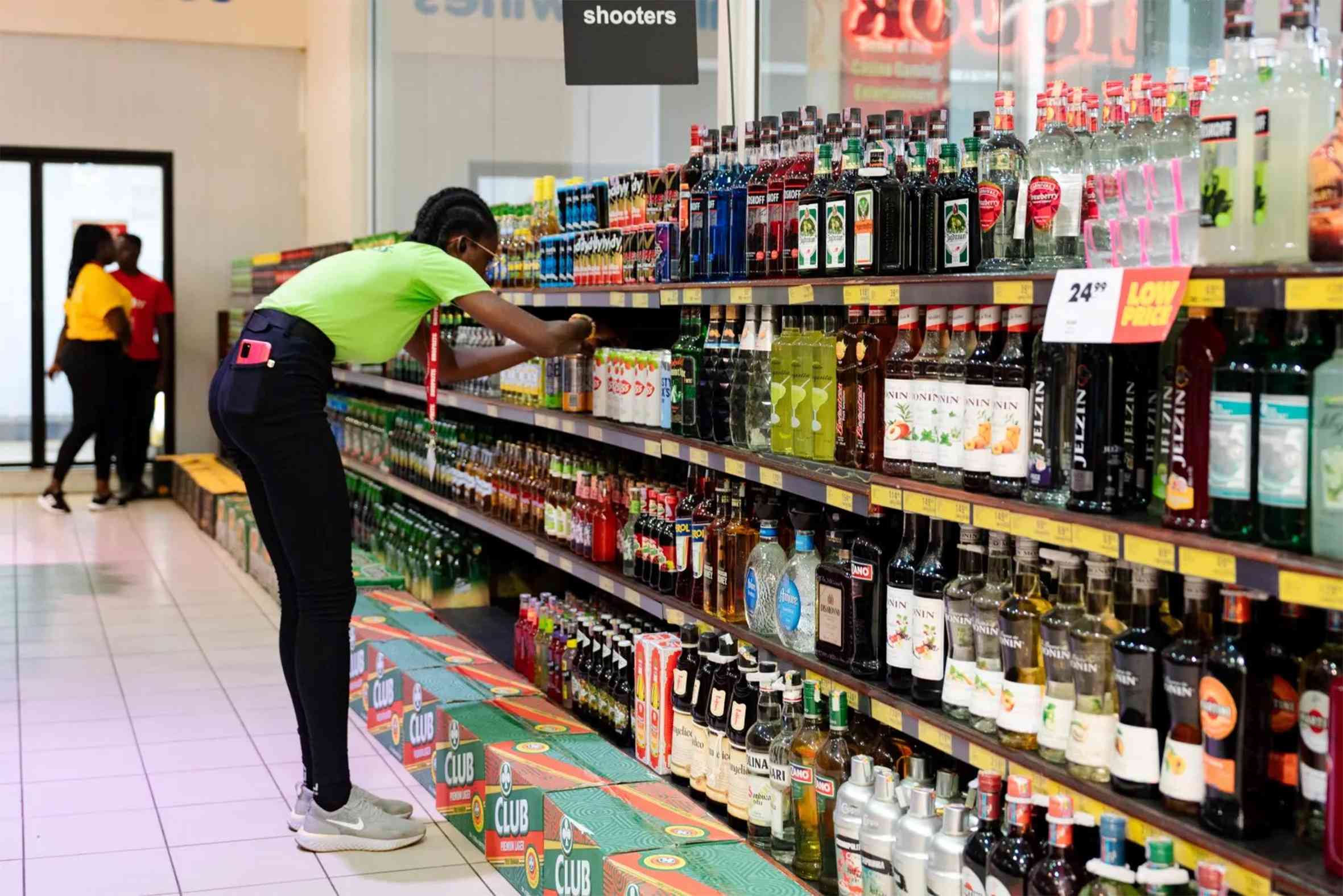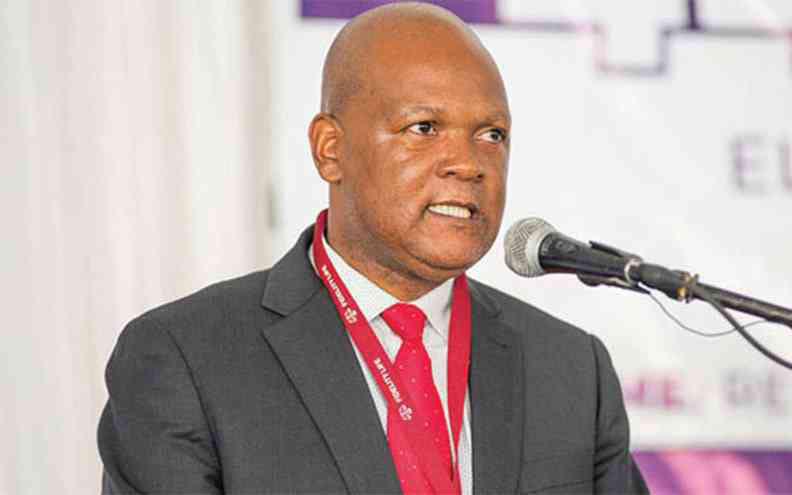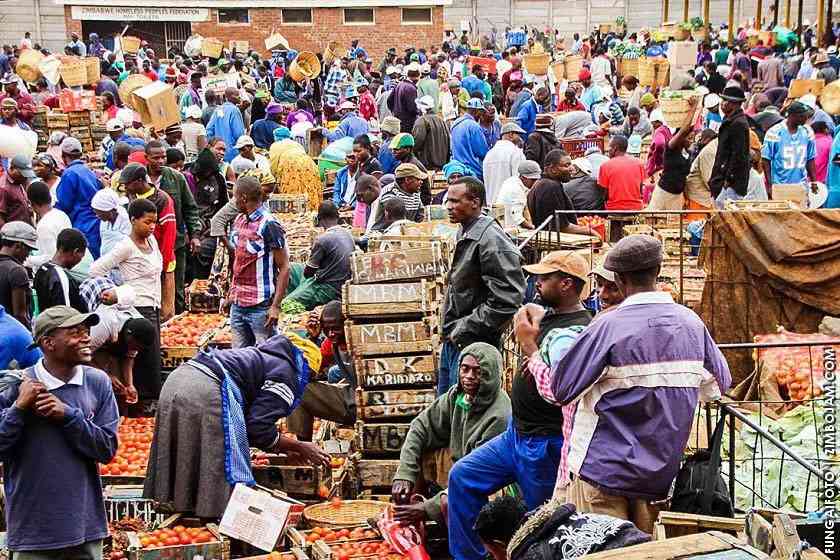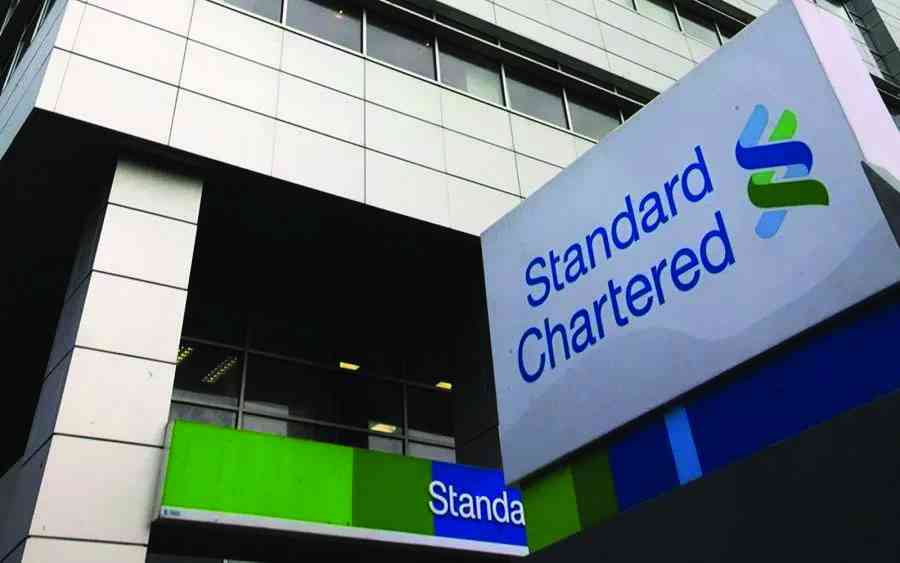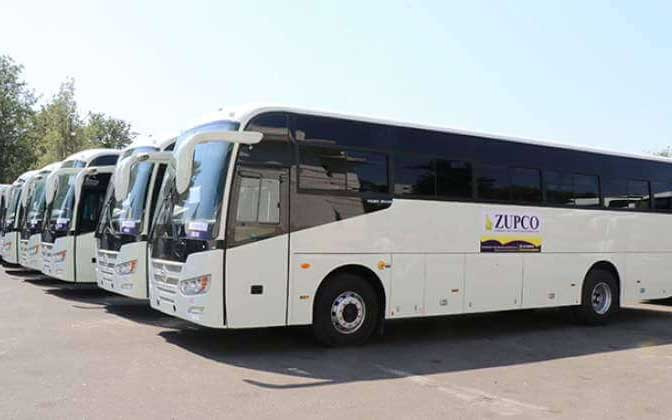
THE majority of about 2 000 private coaches contracted by the state-owned Zimbabwe United Passenger Company (Zupco) to bolster its fleet were this week said to be grounded, after payment backlogs surged to an estimated US$27,6 million between March and May this year.
The Zimbabwe Independent was informed that during recent negotiations with government, operators agreed to a request to slash daily payments to US$200, from US$280.
Authorities said cutbacks were necessary to help government save money to procure grain to feed 2,7 million people affected by this year’s drought.
Zimbabwe requires US$2 billion to mitigate the devastating impact of the drought.
Impeccable sources said even after the deal, Treasury was struggling to pay them.
The Independent’s calculations based on information received showed operators could be owed about US$24 million for March and April.
A further US$3,6 million could have been accumulated for May.
This translates the debt to about US$27,6 million in total.
- Cars up for grabs in batteries competition
- Africa should be better prepared for Europe’s security funding shift
- Sadc PF wants right to health enforceable
- AG’s report shows growing impunity at the heart of govt operation
Keep Reading
Contractors were drafted in to avert a transport crisis during Covid-19, when commuter omnibuses were directed to stop operating in order to combat coronavirus contagion.
A few were granted permits under the Zupco franchise.
But a wave of pull outs may trigger a far-reaching transport crisis in cities and towns, where Zupco’s depleted fleet has struggled.
George Guvamatanga, permanent secretary in the Ministry of Finance, who led negotiations with private contractors, had not responded to a request for clarification last night.
But a bus operator contracted by Zupco, who spoke on condition of anonymity, warned of transport troubles ahead.
“Nothing has been paid to anyone since March when Treasury pleaded with bus owners to reduce charges per bus from US$280 to US$200,” he said.
“Even though we granted Treasury’s request, nothing has been paid. All franchised buses are parked at Zupco depots countrywide. There is no Zupco to talk about now. This is affecting bus owners who have other fixed costs to meet such as rentals.
“In essence, this is also affecting the general public who are now forced to pay US$1 for a trip, which Zupco was charging
US$0,50,” the bus operator added.
Questions sent to Zupco acting chief executive officer Linda Samunderu were not addressed at the time of going to print.
Among other issues, the Independent wanted to understand the specific amount of money owed to contracted bus operators.
This publication also wanted to know the size of Zupco’s fleet and the areas it was servicing to address transport woes prevalent in Zimbabwe’s major cities.
It also wanted to know the number of franchised buses under Zupco.
Questions posed to Local Government and Public Works permanent secretary John Bhasera, relating to whether Zupco was going to extend its contracts with bus operators, were also not addressed at the time of going to press.
Last month, contractors also stopped plying their designated routes as Zupco failed to supply them with fuel.
“We have also not been paid. That is why we wanted to discontinue our services,” another bus operator said.
“Government has extended our contracts by another month as they review our contracts. As operators, we are also reviewing the viability of our arrangement with Zupco.’’
Meanwhile, sources at the public transport provider told the Independent in separate briefings that some of its 300 contract workers under the southern division in Bulawayo were also owed between US$500 and US$1 000 each in salary arrears.
Zupco workers in Harare and Gweru, constituting the northern division, were among those affected.
The sources said they have repeatedly written to Zupco management demanding payment.
“About 300 workers in Bulawayo are affected,” one of the sources said.
“Each individual is owed plus or minus US$1 000. These amounts arise from salary arrears between June 2023 to January 2024.
“The problem is not only limited to Bulawayo, even workers in Harare and Gweru are also affected. It has become unbearable for us to provide for our families in this difficult economic environment,” the source noted.
Subsequently, the Ministry of Local Government and Public Works set up a committee to decide on whether to renew or terminate the contracts.
The affected workers, whose contracts were not renewed in 2023, include conductors, cashiers, drivers, inspectors, cleaners, fuel attendants, risk management officers and rank marshals.
The crisis has emerged two years after the auditor general’s (AG) office, in its report on State-owned enterprises for the year ended December 31, 2022, noted Zupco failed to account for ZW$3,4 billion in revenue generated in urban areas.
This amount was equivalent to US$529 000 at the prevailing exchange rate of US$1:ZW$6 422.
At that time, the AG also revealed that ZW$2,6 billion owed to contracted bus operators was questionable due to a shambolic accounting system at Zupco. This was equivalent to US$405 000 at the same exchange rate.
An assessment by the Independent showed that Zupco has a fleet of about 1 200 commuter omnibuses operating in urban areas.
Relating to the AG’s report in 2022, Zupco was operating on the brink, with liabilities exceeding assets.
These were the last published statements seen by the Independent.
Last year, Parliament intended to conduct a probe on the procurement, ownership and whereabouts of over 500 purchased buses in the wake of a severe transport crisis.

